Grace Ekpu

Grace Ekpu (she/her) is a self-taught documentary photographer and filmmaker born in Nigeria who works on projects across the globe. She works on socially driven stories with a unique and intimate approach rarely seen in contemporary photography. She regularly produces stories that address pressing social issues in areas often misrepresented by traditional media. Currently, she is focusing on an observational documentary that explores themes around healthcare disparities and access issues. She believes in using visual storytelling for social change. Grace is a member of African Women Photographers and a member and recipient of the Black Women Photographers 2024 grant.
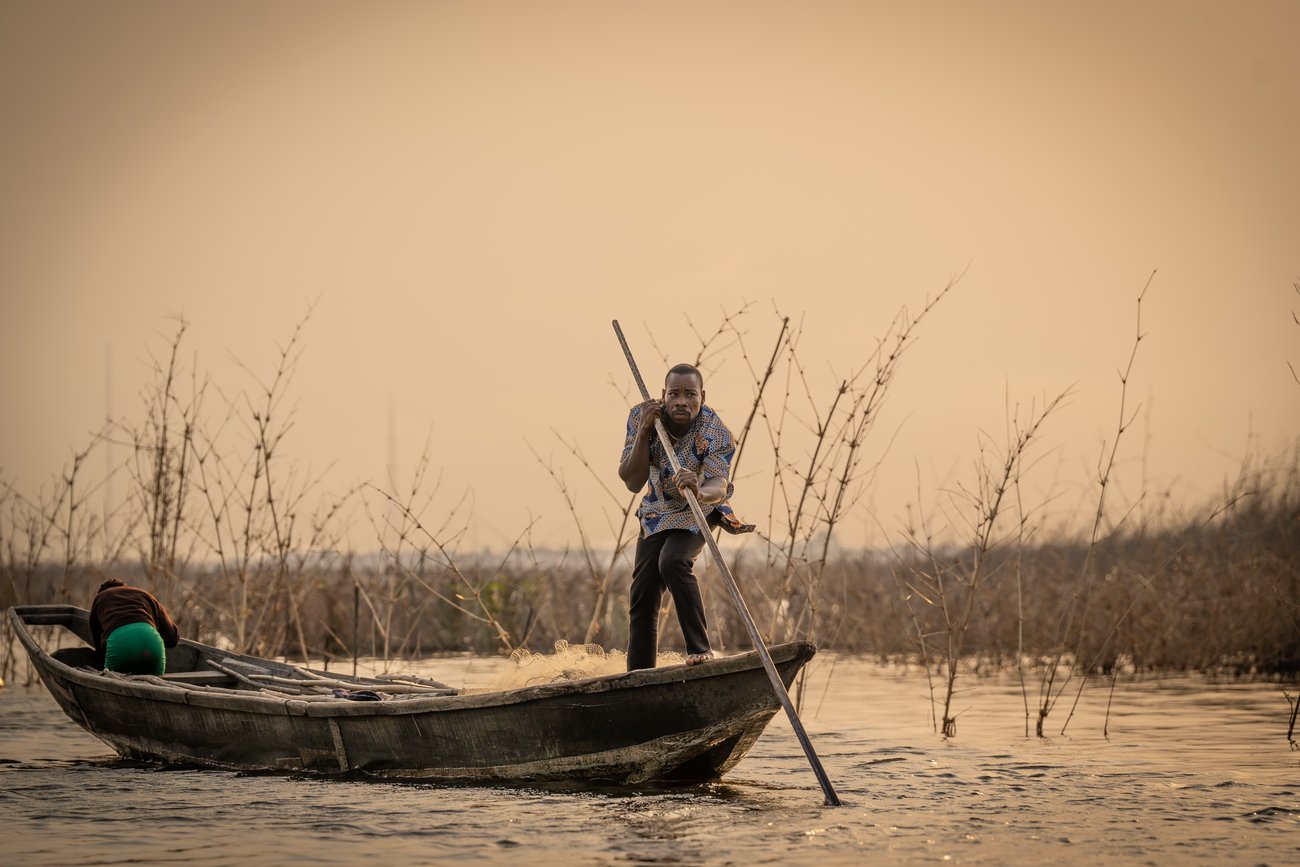
Hi Grace! Tell us a little about yourself — when did you first become interested in photography and how did you get to where you are today?
Hello! I first started with street photography. I was fascinated by the beauty around me—human interaction, sights, and sounds. I used to document the hustle and drive of people living in my city, Lagos State. That was when Instagram started, so I had Flickr and Instagram to post my work. I realized I had an audience, and people would spot street hawkers in Lagos traffic on my Instagram and could resonate with what I posted. I just enjoyed it, and I found a way to document everything around me.
I later got commissions and events from clients and people who loved my work. I tried everything: newborn photography, products, weddings, portraits, and documentary work. I think I fell more in love with documentary photography because of how much impact and recognition my work gets. I constantly improved in my storytelling capabilities and gave every assignment or project my best. And today, it's paid off.
As storytellers, we have so much power, and that knowledge is what I carry into any work. I always ask myself, "How can I document something that will not only be life-changing for the subject but also be authentic?"
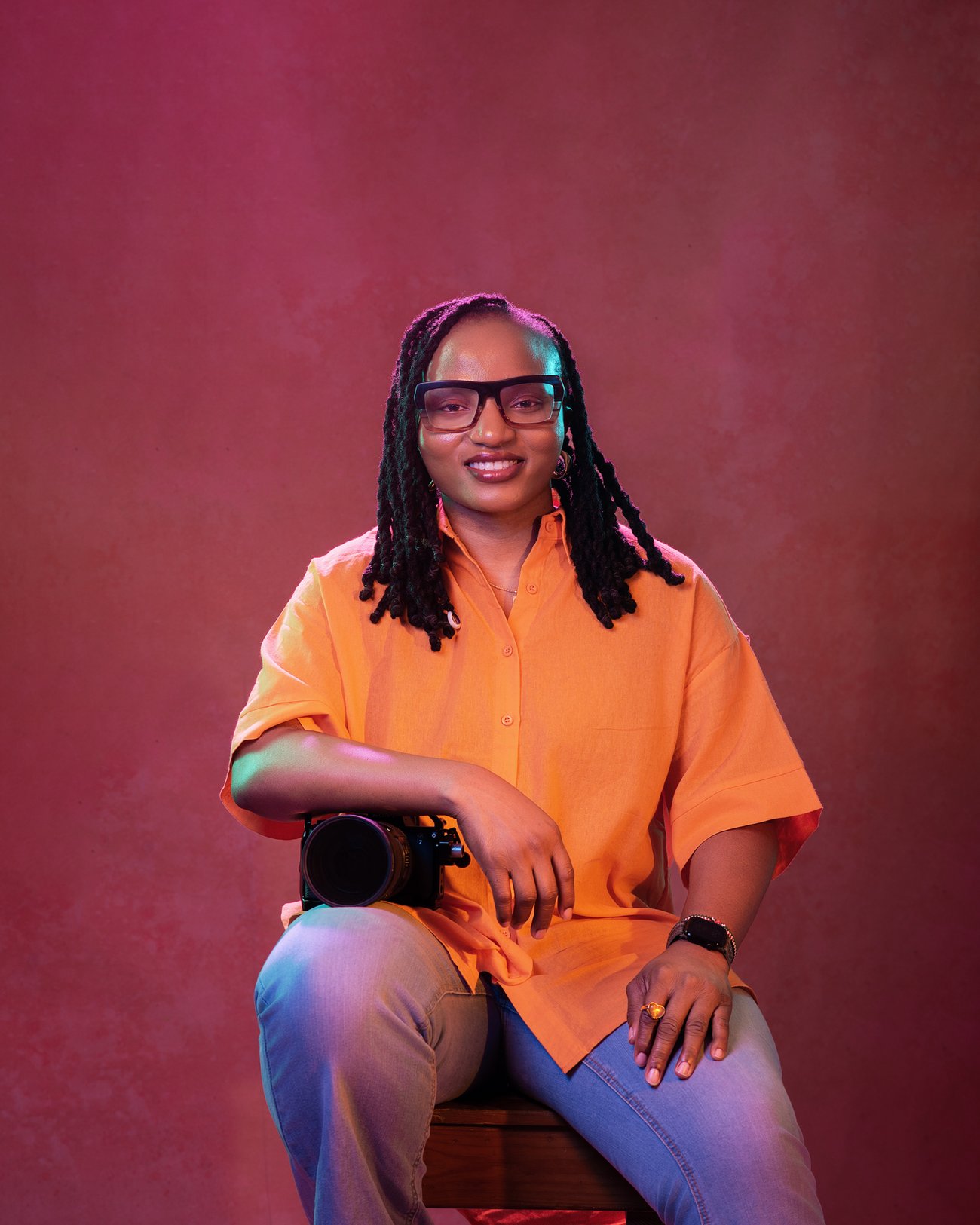
“Your voice matters, and do not forget the first thing that made you pick up a camera.”— Grace Ekpu
Your work has covered significant social movements and human experiences, from exploring stories about climate change, illegal fishing's impact on local economies, and mining activities affecting bodies of water. What draws you to these particular themes, and how do you see your role as a documentary photographer in bringing these stories to light?
I am drawn to the themes around the impact of illegal fishing on local economies because it is underreported, and my current work focuses on these sets of stories. Just by visually documenting these issues, I can shed more light on them.
For instance, my work explored the impact of overfishing on employment for fishermen in St. Louis, Senegal, and how this affects women as well. I explored the same in Dakar, where a national dish—which holds traditional significance as a UNESCO intangible cultural heritage of humanity—is disappearing because of the direct impact of overfishing. The fish, thiof, has become rare and inaccessible to the common Senegalese, so they remix the dish with what is available to them. That's a different perspective that one would not easily attribute to what's happening in the oceans. It shows how these events can affect us directly as consumers in ways that we cannot imagine.
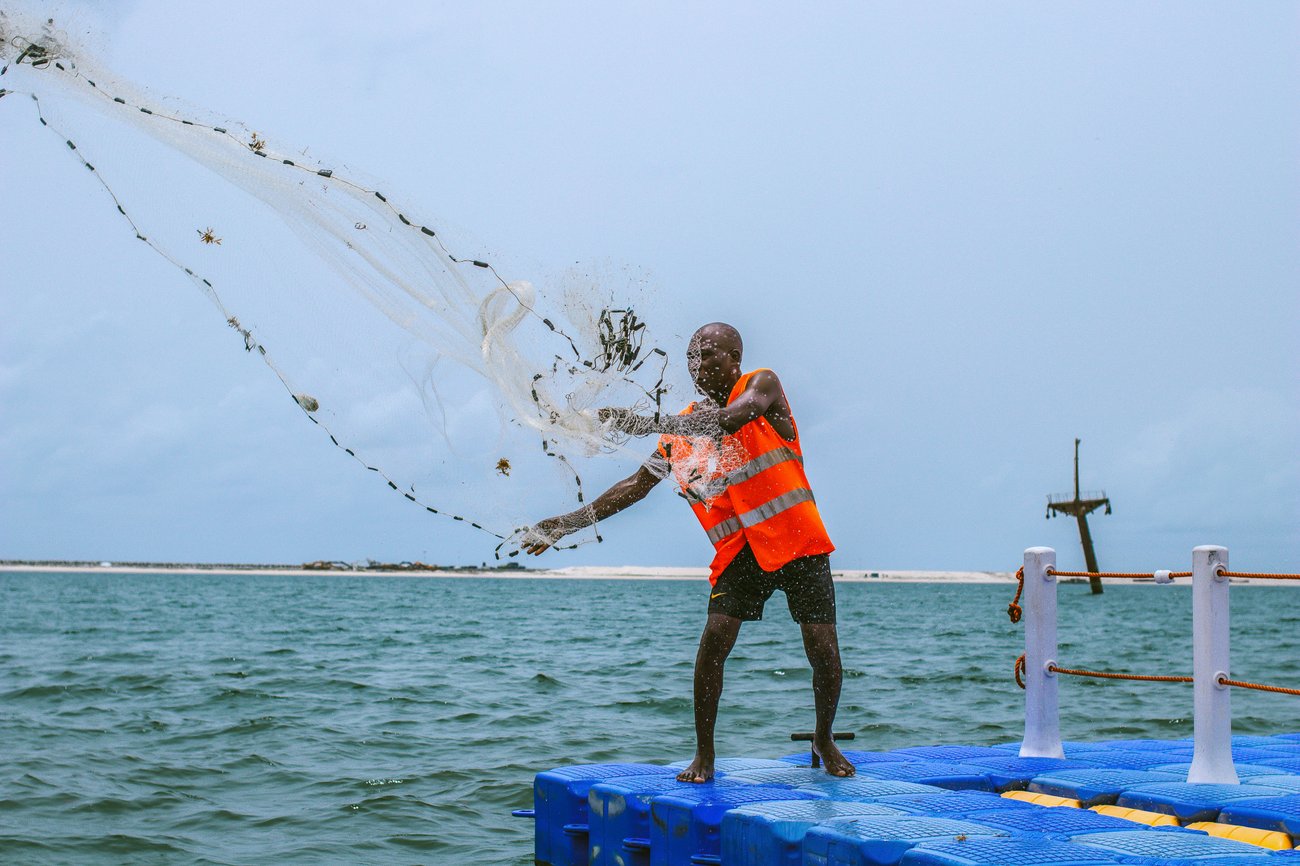
I also find myself attracted to the impact of climate change on vulnerable people, particularly women and children. Yearly, coastal communities in Lagos experience flooding, especially during the rainy season. I remember documenting women and children going to school in knee-deep water, with some women having to carry their babies and toddlers while taking their school-age children to school. This can expose them to health risks and impact livelihoods. My role in bringing these stories to light is to make these issues relatable and not mere concepts.
As a documentary photographer, you're known for capturing these socially-driven stories with what's been described as "a unique and intimate approach." Could you walk us through your process of building trust with your subjects and finding these intimate moments?
I usually approach stories from a place of authenticity. I'm not just interested in documenting something because I think it can change my life and story; I'm genuinely interested, and this comes across to the people I'm documenting. They feel comfortable sharing their stories because of this genuine connection.
People want to talk, but they need to trust that you're the right person to share their personal information with. Once they see you're genuine, they open up and welcome you into their space. It takes a lot of time to get there, so I don't rush my subjects but spend time getting to know them.
First, I try to do my research and ask the right questions. Then I follow up with permissions and build trust. It's amazing - being authentic, relaxed, and with the right intentions.
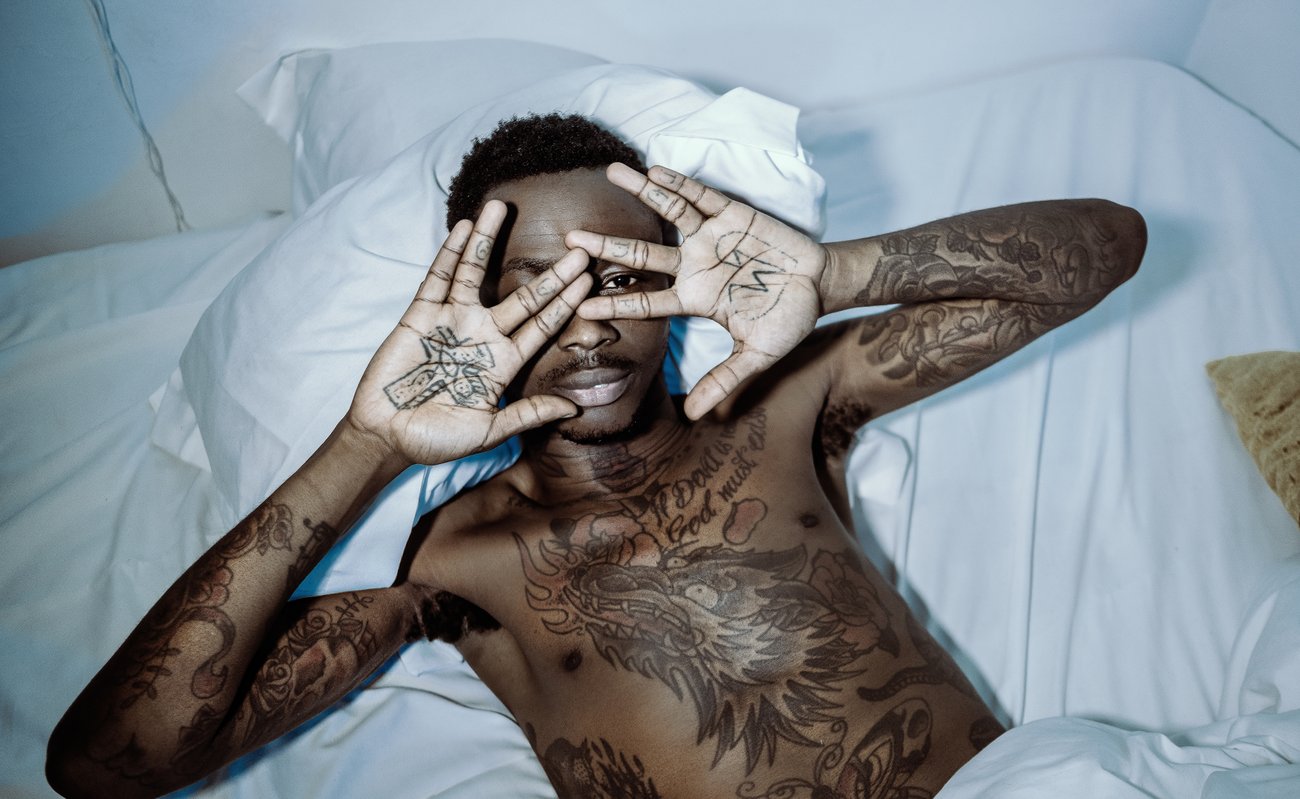
Which project has impacted you most deeply on a personal level, and how did that experience shape your approach to subsequent work?
This is a little hard because I remember all of my projects, even to the music I used on my video projects. There's always a unique story associated with my projects.
My work documenting the young horse riders of Lagos went on to connect me with Quadri, who is still in my life today. He was 19 then and is now a father. I love how he has grown, and I am proud of that.
Also, my work around the lifeguards of Lagos was at the time when there were a lot of stories on drowning. For a city like Lagos with over 30 beaches, the photos highlighted the important work of the lifeguards who were not paid for their work. They got better equipment for their work, and one of them said he was appreciated and given some money because someone saw the BBC photo gallery.
I also connected deeply with the video piece I made on the Leap of Dance Ballet Academy in Lagos and one of its students, Anthony, and some other successful students like Olamide who have gone on to do great things out of Afromedia, Lagos. I think whatever impact my work brings, it gives me personal satisfaction and fulfillment, and that's enough for me.
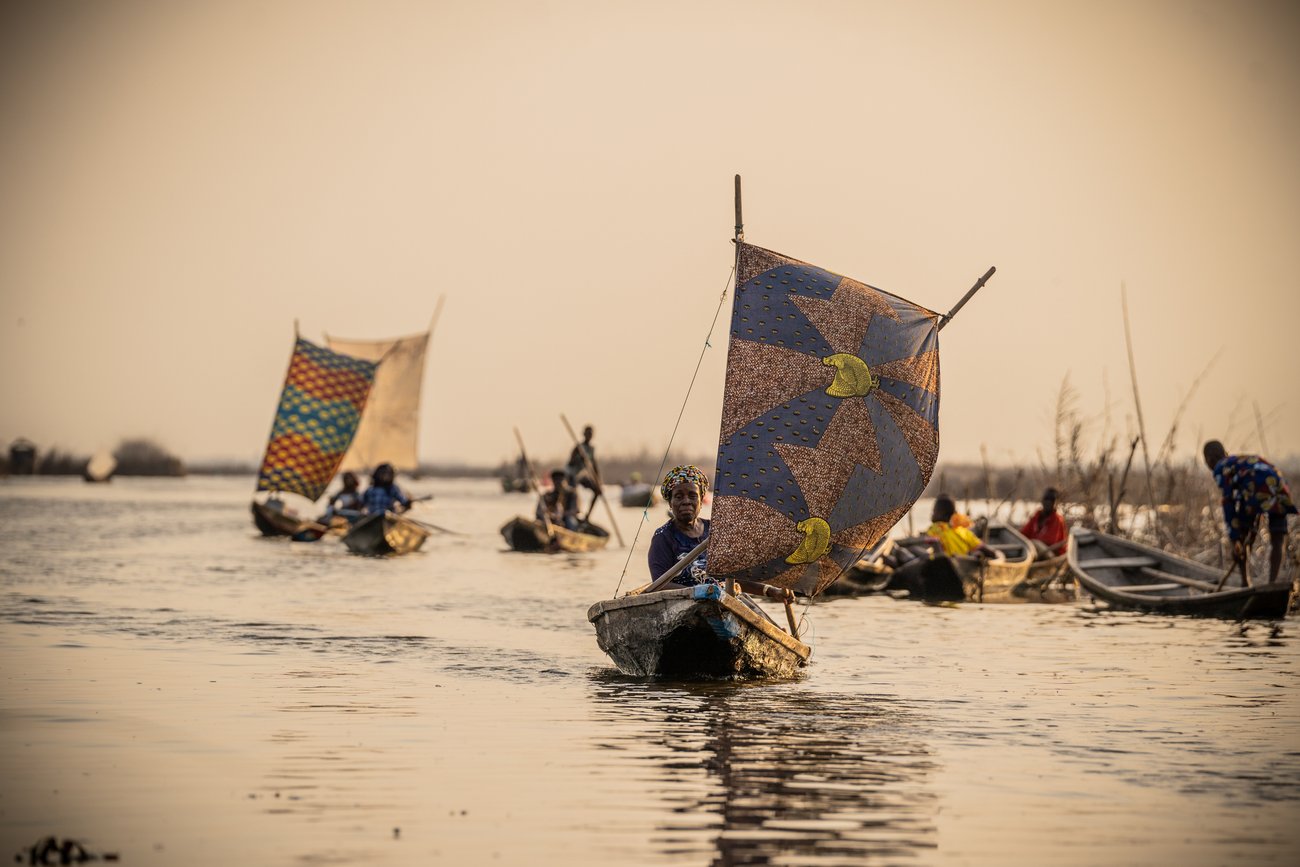
As both a photographer and filmmaker, how do you decide which medium best serves a particular story, and how does your approach differ when working with stills versus motion?
As both a photographer and filmmaker, I find that both mediums require the same level of planning, especially with access to characters for the story. In deciding the best approach for a story, I consider the subject's environment, time, and resources at my disposal.
Sometimes, it's easy to choose because some characters don't express themselves well on video, but they've given you access and you need to explore that. I find it difficult doing observational documentaries in the way I want to because there are so many factors hindering that process. I also ask myself this question: Will the audiences see enough material to fully grasp the context of the story?
Overall, my approach tends to remain the same irrespective of the medium because I still need to get access and permissions before taking photos or films. I spend the same time researching and planning. I just think that for motion, you need more collaborators and, most importantly, more resources to fully execute it.
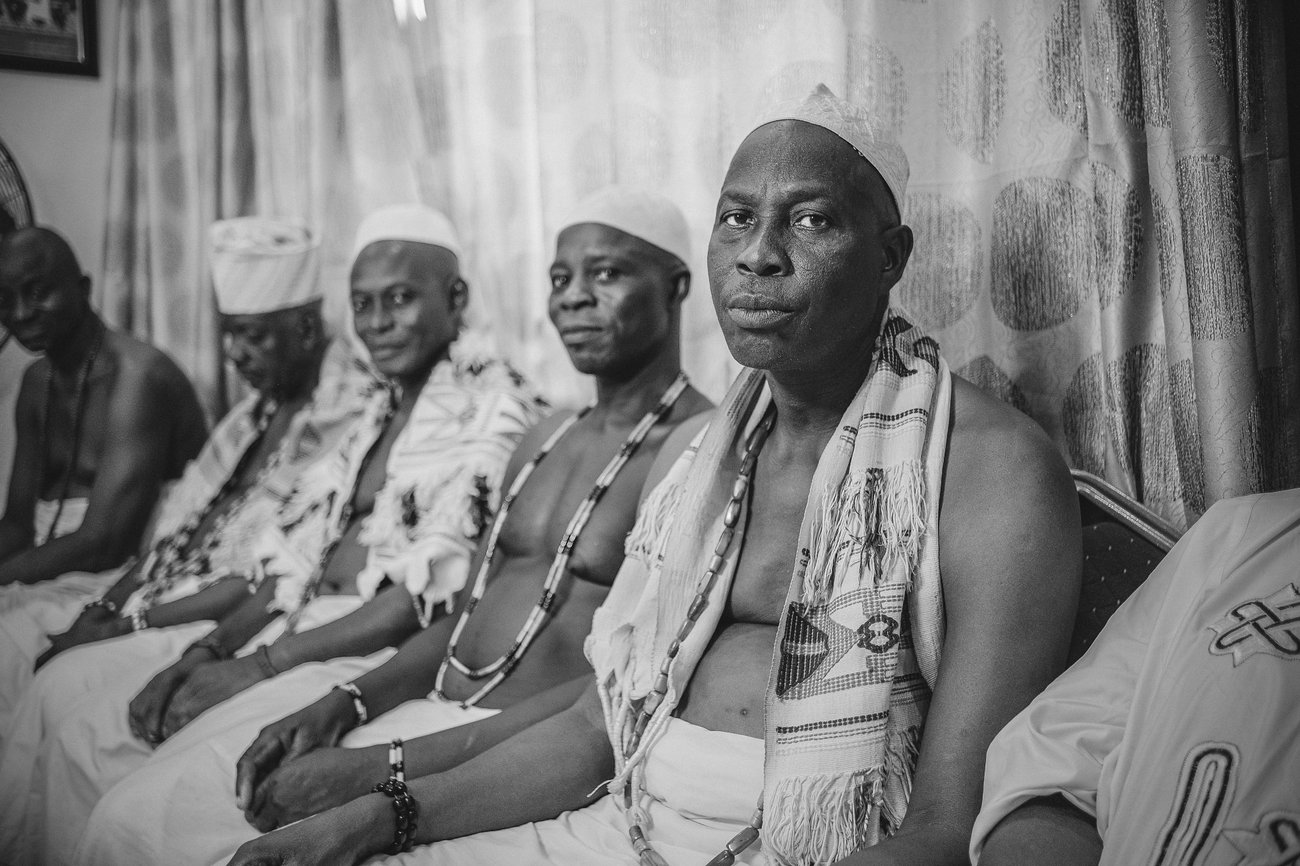
What's the most impactful feedback you've received on your photography, and how did it influence your development as a photographer?
The most impactful feedback I have received is from the photographer Chimodu. In March 2019, he told me I was one of the Nigerian photographers—if not the only one—with an approach to photography that he liked. He emphasized the importance of the work we do as creatives and how that is all we have and will be remembered by. He died in 2022, and I still think about his advice because his work is all that remains now: the great portraits he made of most hip-hop rappers.
With that said, if we know we'll be remembered by our works, why do we not dedicate our time to the long game rather than rush things? Will we be proud of our legacy when we're no longer here? That has encouraged me throughout the years to keep doing what I do because that is my legacy -- and I will keep bringing a fresh perspective to all issues and seeing them with fresh eyes.
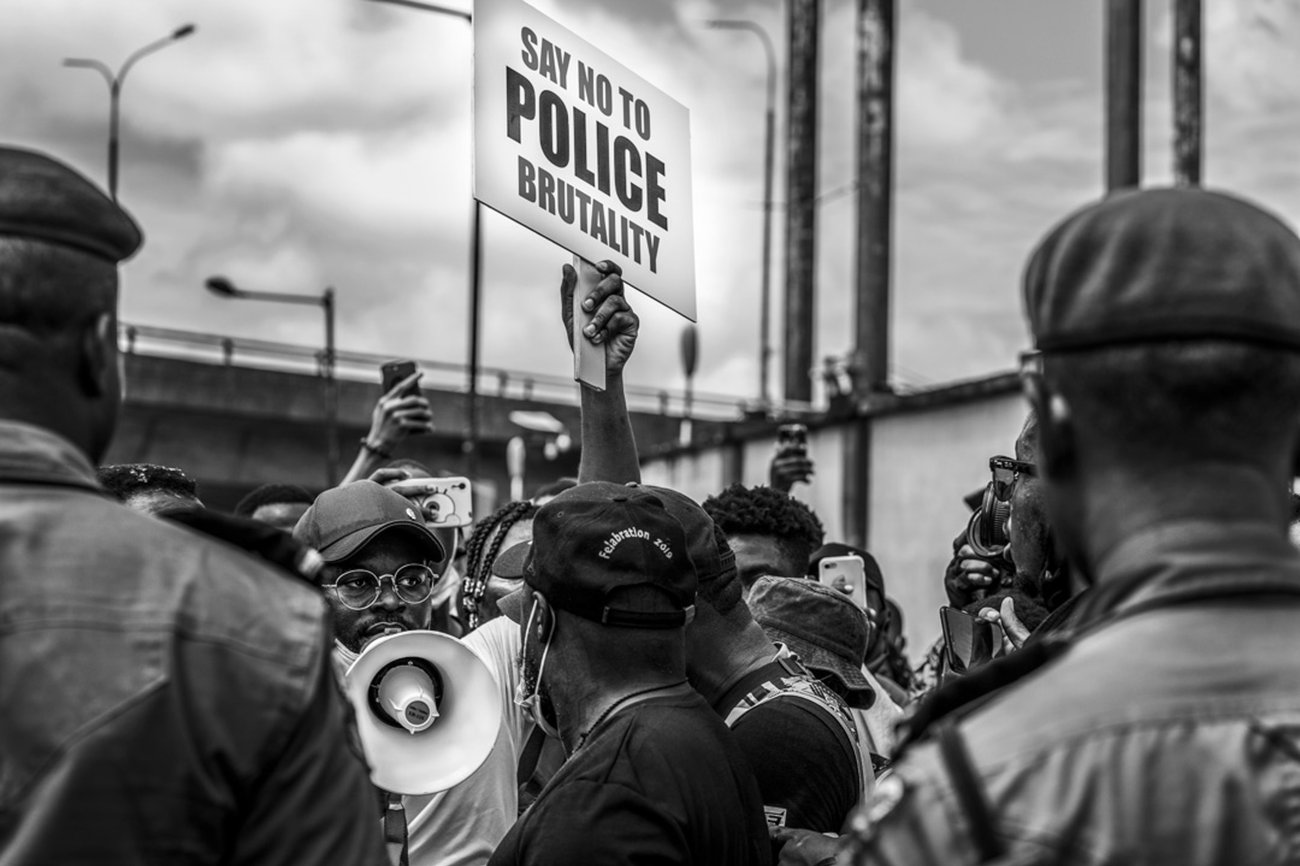
You recently received the BWP (Black Women Photographers) 2024 Grant and have been a VII Photo Mentee. How have these opportunities shaped your development as a photographer, and what advice would you give to emerging photographers seeking similar mentorship?
I am grateful to have received the BWP grant because it's helped me a lot to begin production of my first feature, and I'm encouraged to keep at it and that my ideas are worth investing in. I cannot wait to share my film when it's done and released.
The mentorship with VII helped me to connect with other amazing documentary photographers who are my friends still today. We had industry professionals like Ashley Gilbertson, Gary Knight, Maggie Steber, etc., to mentor us and give us advice during the mentorship. We got representation and received a mini grant to work on a project in 2022 in our communities. I documented the family of Benin Bronzers, and we got to spend time at the VII campus in Arles, France. It was an amazing experience, and I would advise photographers to take advantage of opportunities for learning. I also find networking and feedback valuable in self-development as a creative.
It was an amazing experience, and I would advise photographers to take advantage of opportunities for learning. I also find networking and feedback valuable in self-development as a creative.
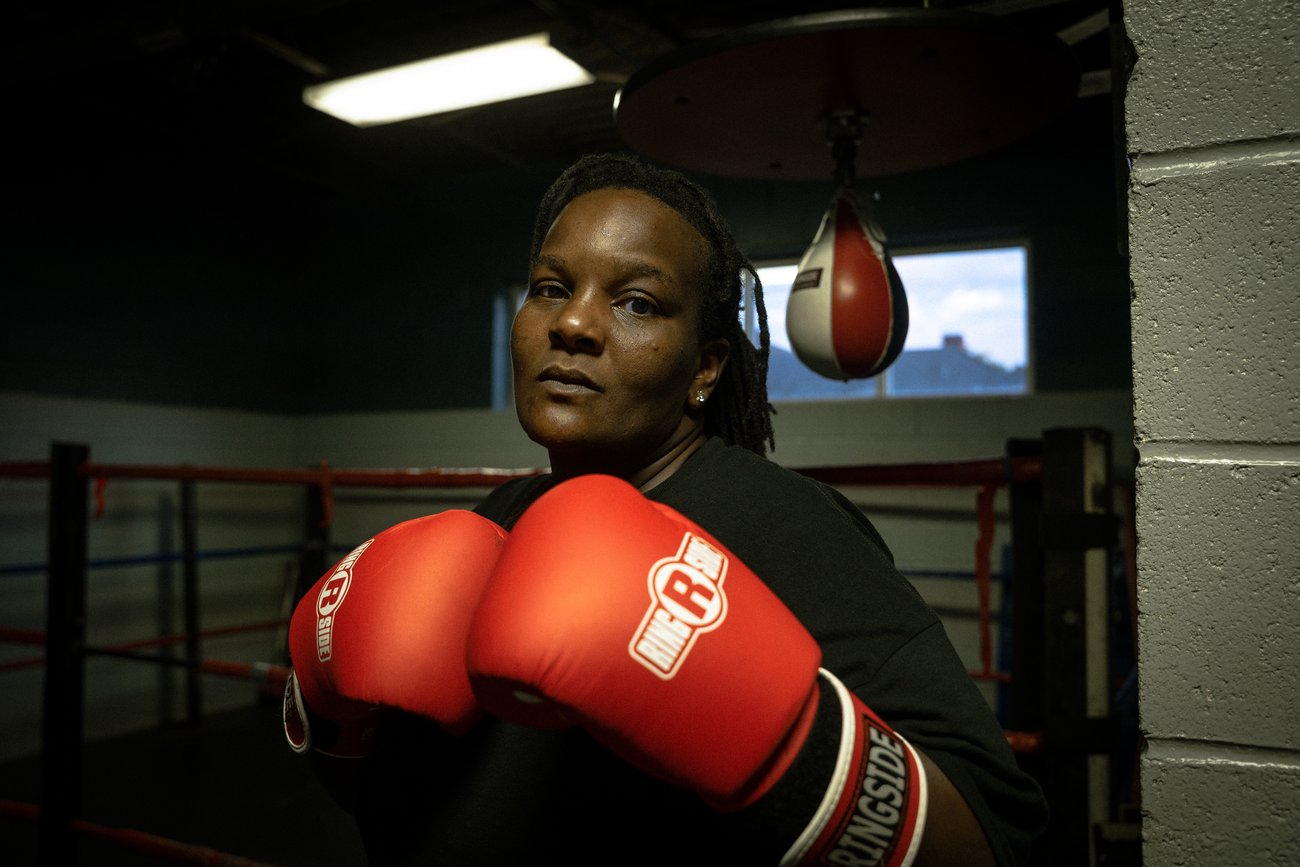
Are there any specific pieces of equipment, such as particular lenses or lighting setups, that you consider essential for your shoots?
For my photography, it’s a simple setup, always making sure I have a wide lens. In terms of kit, you can never go wrong with a 35mm and 24-70mm lens.
For my filmmaking, I recently invested in an entry-level cinema camera for my documentaries, along with sound gear—because sound is important in filmmaking. I've only just purchased some lighting equipment so I can film in low-light conditions—otherwise, it's been natural light for me.
What advice would you give to new photographers who are just starting out?
My advice to a new photographer is to keep exploring and not feel the need to find a niche immediately. Network and be confident in your abilities, and don't try to change yourself because the world will adjust. Your voice matters, and do not forget the first thing that made you pick up a camera.
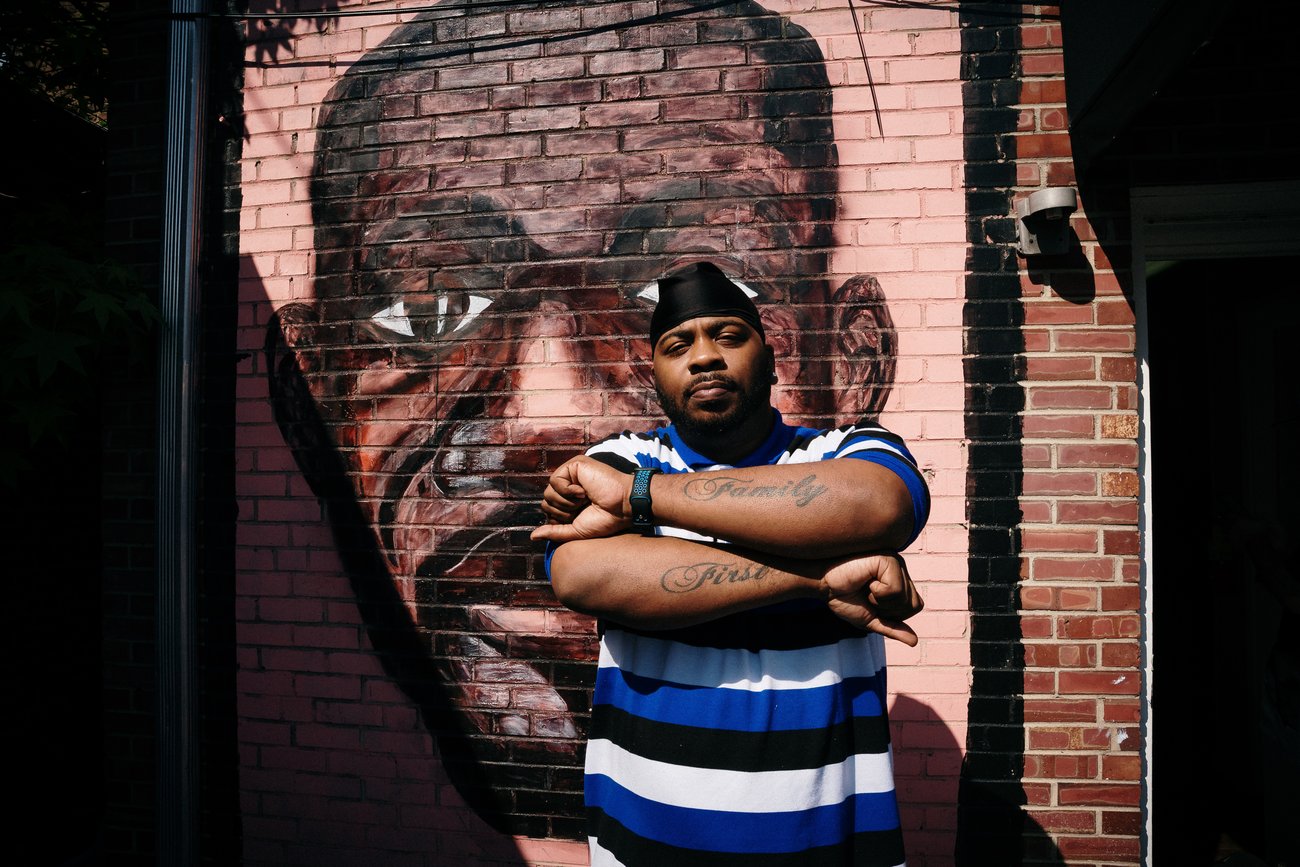
What are you currently working on now and what’s up next for you?
I am currently working on my documentary film, "Bridging Pain," which is grant-funded by BWP. I'm almost done with production, and I'll go right into post-production soon. I also have a couple of photo projects I want to explore this year and some short ocean documentaries.
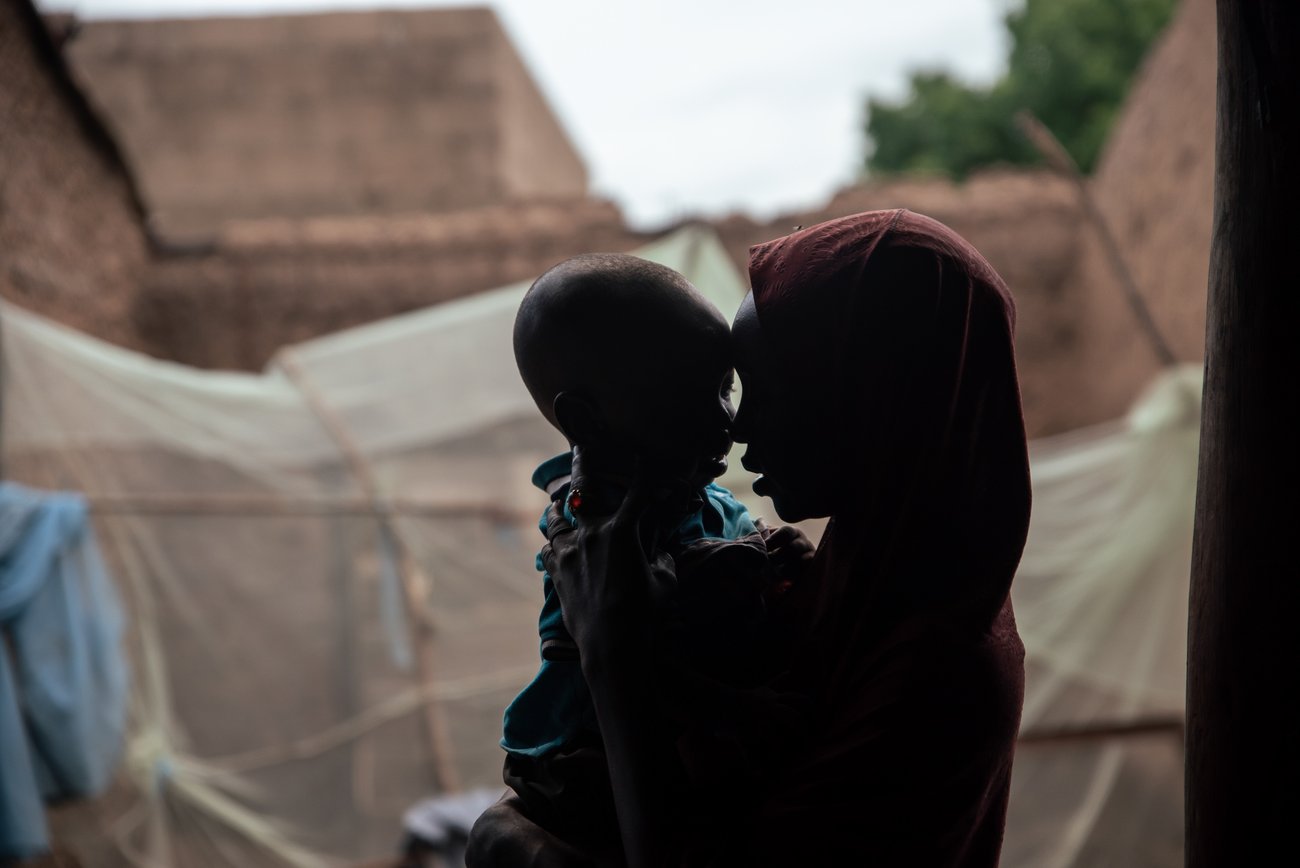
Thank you for sharing with us, Grace! To view more of Grace’s work, check out her website and follow her on Threads and Instagram.
Grace was nominated by Black Women Photographers.